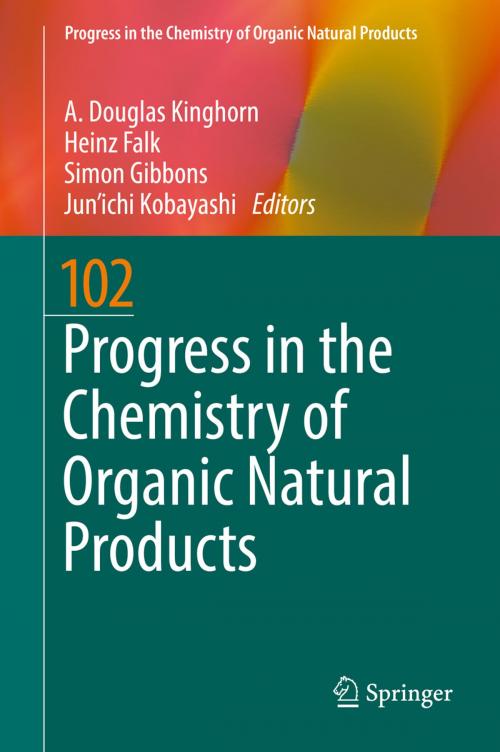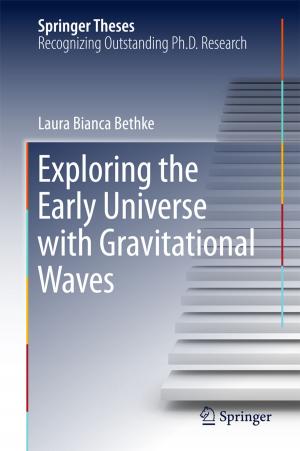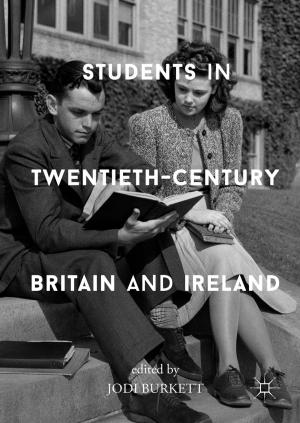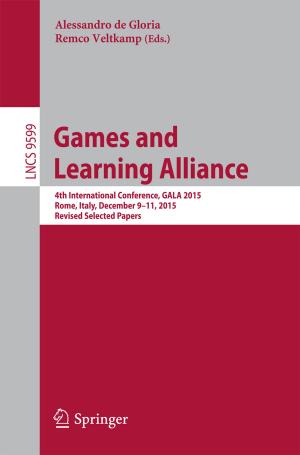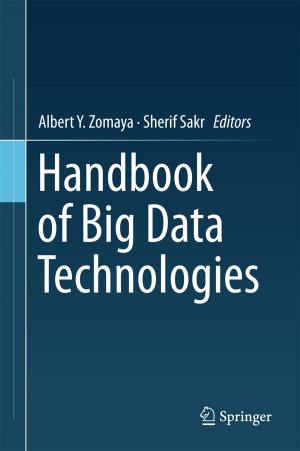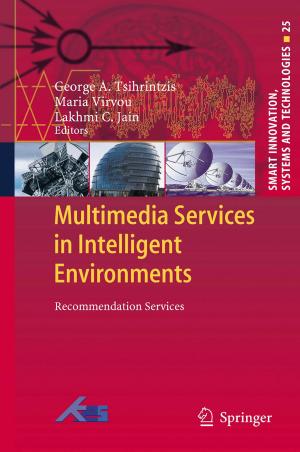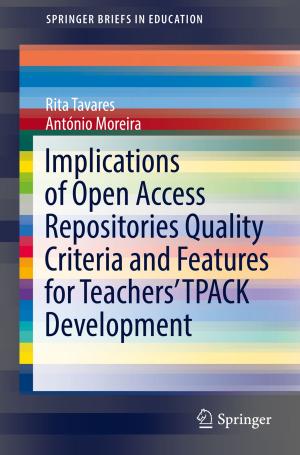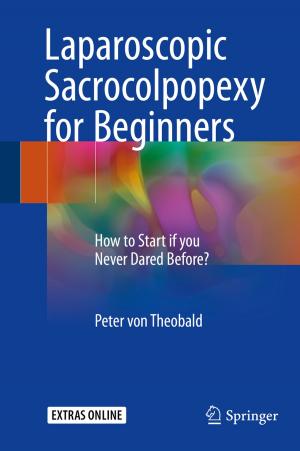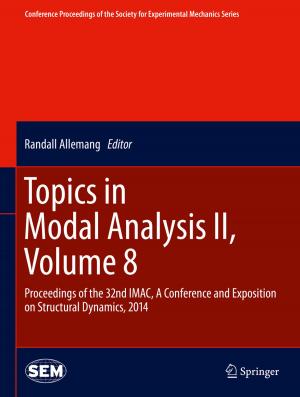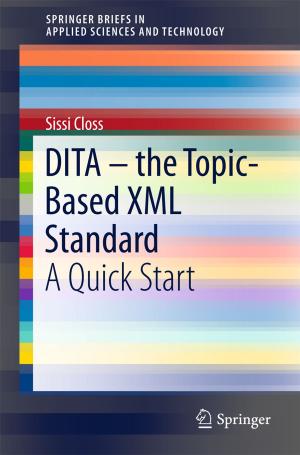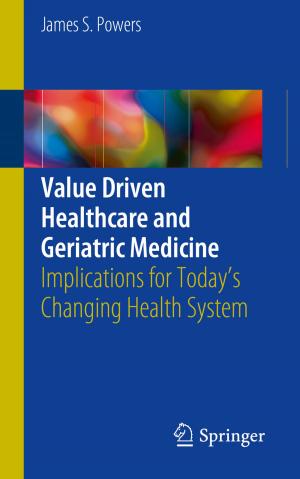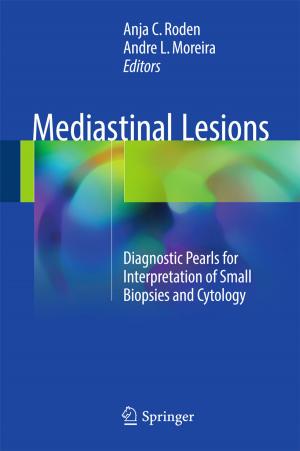Progress in the Chemistry of Organic Natural Products 102
Nonfiction, Science & Nature, Science, Chemistry, Clinical, Organic| Author: | ISBN: | 9783319331720 | |
| Publisher: | Springer International Publishing | Publication: | July 5, 2016 |
| Imprint: | Springer | Language: | English |
| Author: | |
| ISBN: | 9783319331720 |
| Publisher: | Springer International Publishing |
| Publication: | July 5, 2016 |
| Imprint: | Springer |
| Language: | English |
The first contribution reviews the phytochemical, chemical, and biological literature on members of the ingenane class of diterpenoids from their first isolation in 1968 through 2015, highlighting unresolved issues both common to phorboids and specific to ingenol derivatives. The biogenesis of ingenol is discussed in the light of the Jakupovic proposal of a dissection between the formation of the macrocyclic Euphorbia diterpenoids and the phorboids, and the clinical development of ingenol mebutate is chronicled in the light of its “reverse-pharmacology” focus.
The second contribution offers a comprehensive view of the chemical wealth and the taxonomic problems currently impeding chemical and biological investigations of the genus Laurencia. It addresses the botanical description and the growth and population dynamics of the genus, as well as its chemical diversity and ecological relations; the secondary metabolites as well as their sources of isolation; and finally the biological activity.
The first contribution reviews the phytochemical, chemical, and biological literature on members of the ingenane class of diterpenoids from their first isolation in 1968 through 2015, highlighting unresolved issues both common to phorboids and specific to ingenol derivatives. The biogenesis of ingenol is discussed in the light of the Jakupovic proposal of a dissection between the formation of the macrocyclic Euphorbia diterpenoids and the phorboids, and the clinical development of ingenol mebutate is chronicled in the light of its “reverse-pharmacology” focus.
The second contribution offers a comprehensive view of the chemical wealth and the taxonomic problems currently impeding chemical and biological investigations of the genus Laurencia. It addresses the botanical description and the growth and population dynamics of the genus, as well as its chemical diversity and ecological relations; the secondary metabolites as well as their sources of isolation; and finally the biological activity.
